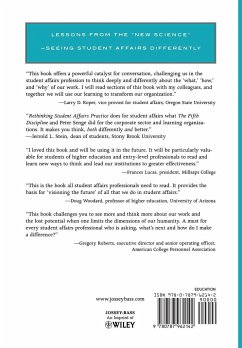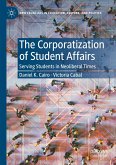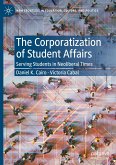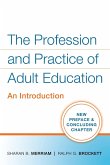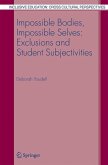The insights of twentieth and twenty-first century science have been used by organizational development consultants to challenge leaders to think differently about their organizational structures and processes. In Rethinking Student Affairs Practice, Love and Estanek use these insights to provide a model for change appropriate to higher education in general and student affairs in particular. To be effective managers, student affairs professionals must understand the structures and processes that form the organizational context in which they work, and must be able to work within them. These structures are often characterized by a rigid division of labor and an expectation that good managers can predict the outcomes of their efforts and can and should exercise control over the inputs. However, to be effective leaders, they must be able to perceive new possibilities beyond those structures and expectations. How can they do both? Rethinking Student Affairs Practice offers an answer to that question. Love and Estanek challenge their readers to perceive their responsibilities, institutions, and relationships through multiple lenses. They have developed a model for change based in four concepts that will help their readers do this. The four concepts are valuing dualisms, transcending paradigms, recognizing connectedness, and embracing paradox. The authors develop these concepts and explain this process of thinking differently in the first chapter of this book. Then they apply their framework to both the processes and resources of current student affairs practice, asking their readers to think of leadership as pervasive. They challenge their readers to become "intrapreneurs" and explain how they can do so. They understand assessment as a mindset and not a set of activities. They expand our understanding of resources and begin to develop a philosophy of technology. Finally, they look beyond the horizon to the emerging competencies of developing a global perspective and futures forecasting.
Hinweis: Dieser Artikel kann nur an eine deutsche Lieferadresse ausgeliefert werden.
Hinweis: Dieser Artikel kann nur an eine deutsche Lieferadresse ausgeliefert werden.

